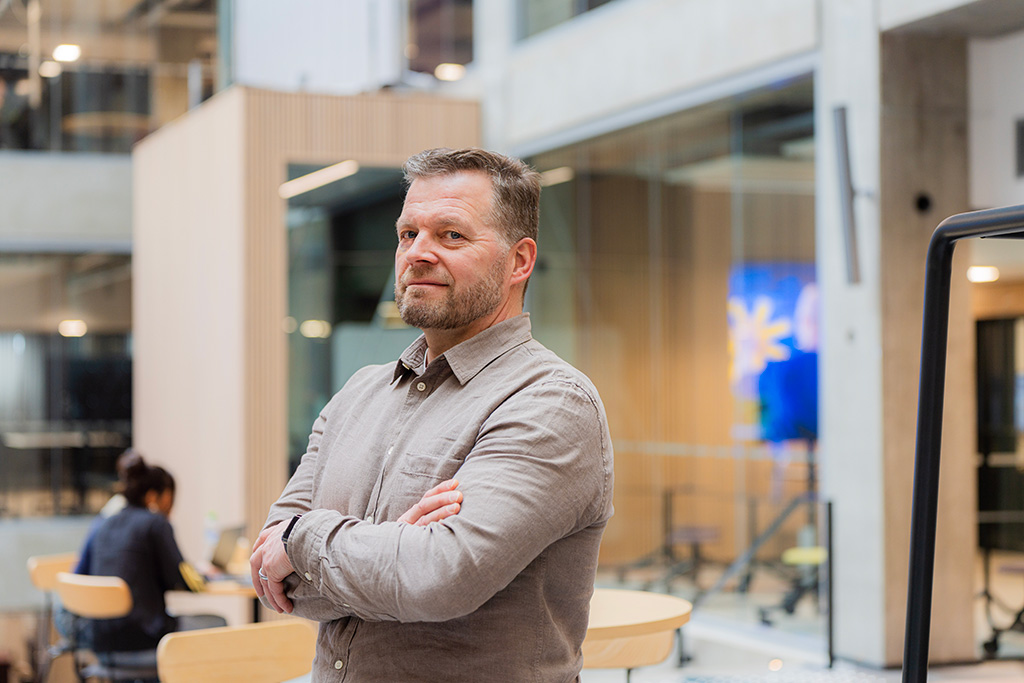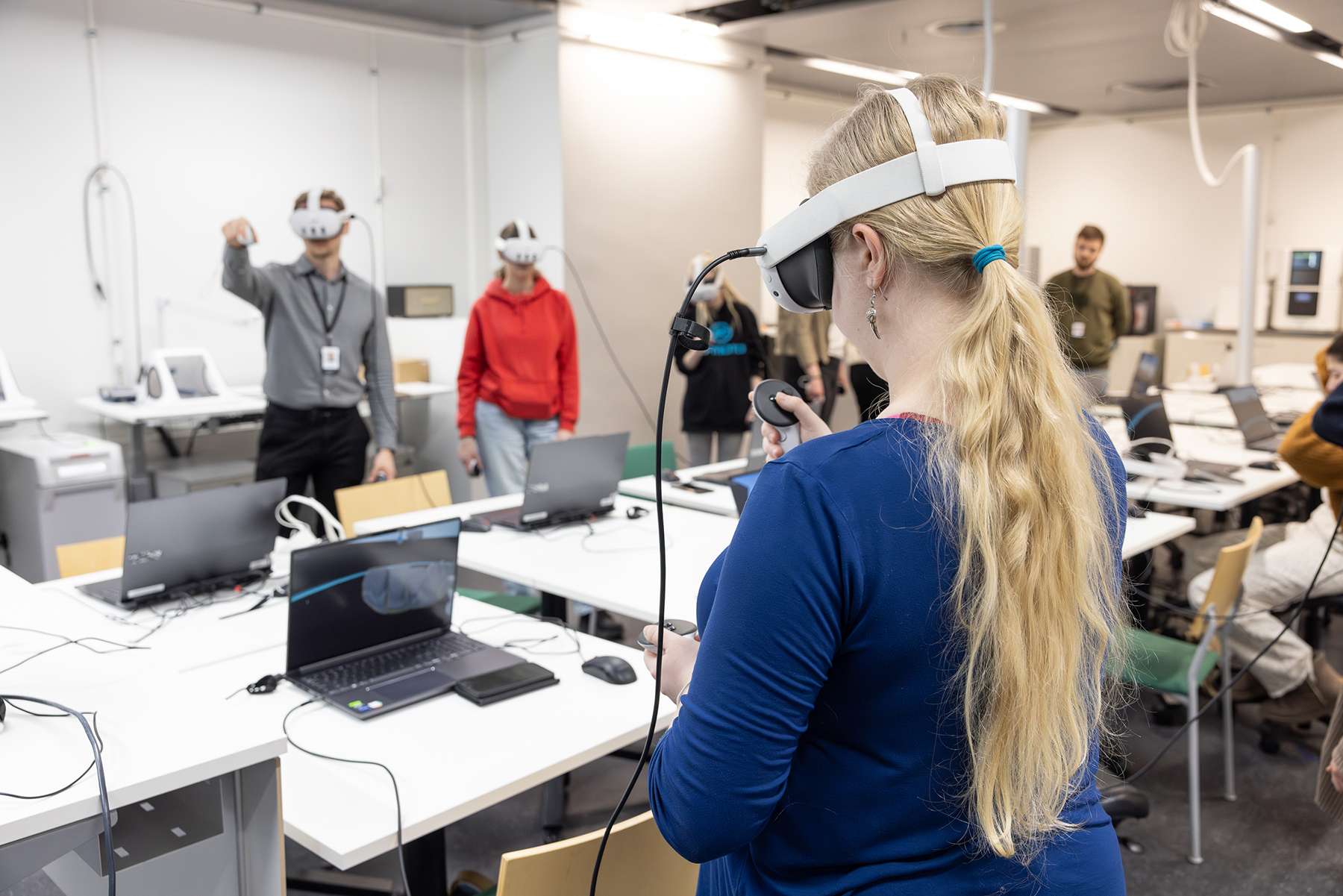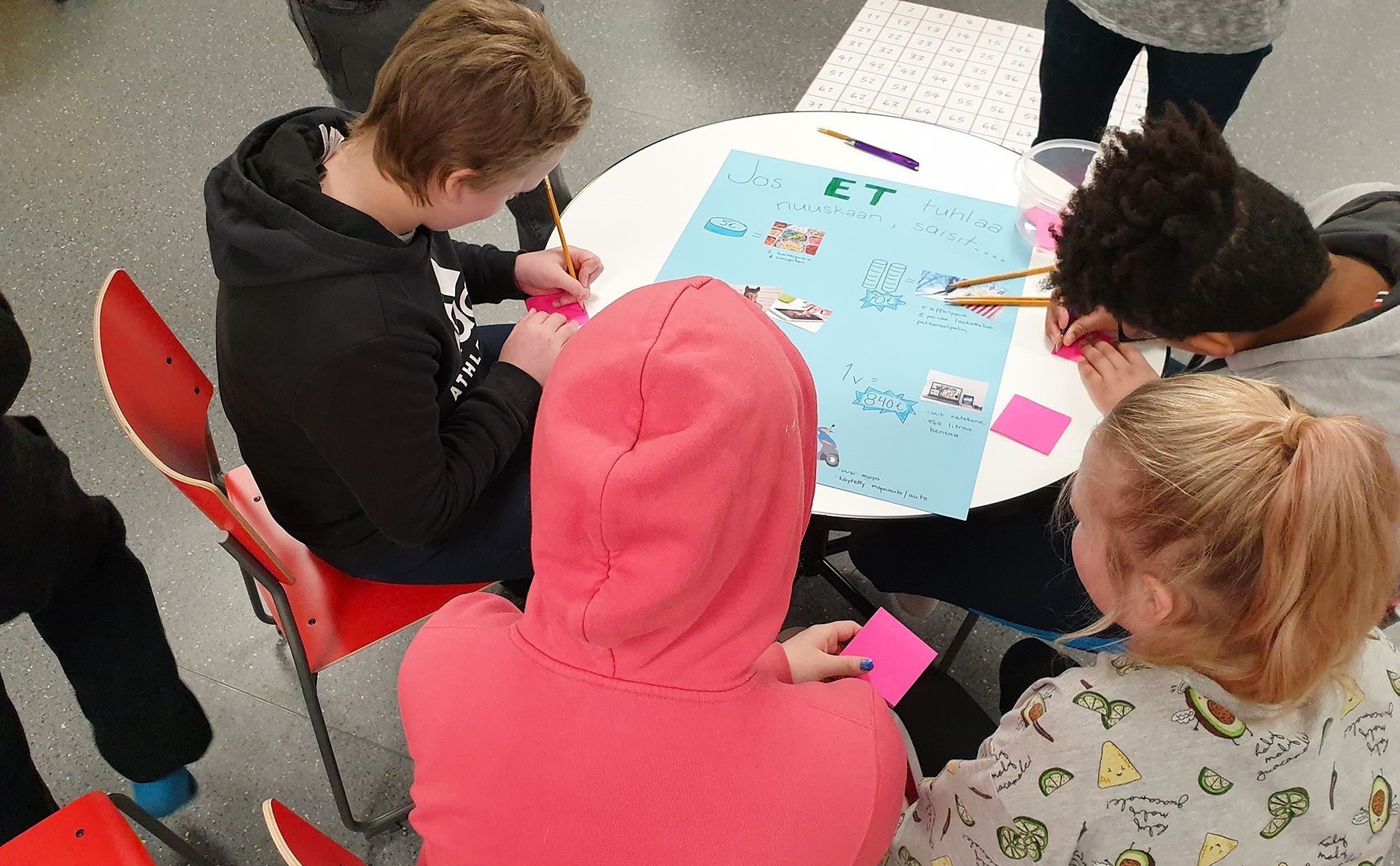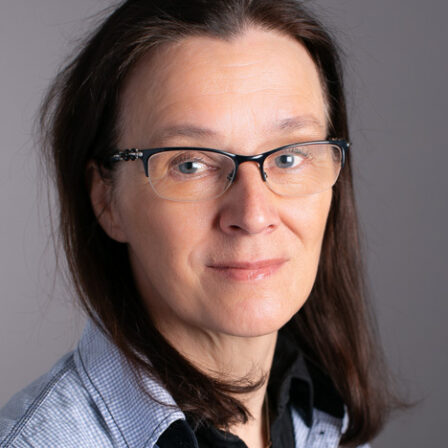Hybrid rehabilitation models are becoming more common, as they add flexibility and individuality to rehabilitation processes and emphasise the autonomy of the rehabilitated.New models of rehabilitation are also welcome in view of the increased mobility of people and the internationalisation of services.

Published:
Edited:
Traditionally, rehabilitation processes have taken the form of face-to-face interaction between therapist and client, either remotely or on-site. Hybrid rehabilitation combines traditional face-to-face rehabilitation with online rehabilitation using digital tools, independent of time and place. This allows for a flexible and personalised rehabilitation process, alternating face-to-face on-site rehabilitation sessions with remote sessions. Such hybrid forms of rehabilitation can raise hesitation and even resistance among both patients and health professionals.
The HybReDe project, coordinated by Turku University of Applied Sciences, is experimenting with how virtual assistants based on large-scale language models and generative artificial intelligence could support the rehabilitator and the professional as part of hybrid rehabilitation.
– The HybReDe project is testing the integration of an AI-based virtual assistant into different rehabilitation processes in Finland, Estonia and Poland, says UrsulaHyrkkänen, Senior Lecturer at Turku University of Applied Sciences.
The project will evaluate the functionality, serviceability and acceptability of the virtual assistant among the rehabilitation staff and the rehabilitation patients.
As part of the project, a pilot version of the virtual assistant is being developed in Finland to support the management of MS-related fatigue symptoms. The assistant will be tested as part of rehabilitation services and experiences will be gathered from both sufferers and professionals. The partners in Finland are Neuroliitto ry and StellarQ Oy.
Päivi Hämäläinen, Director of the Neuroliitto’s Masku Neurological Rehabilitation Centre and Associate Professor of Clinical Neuropsychology, is excited about the new European joint project:
– This is a great opportunity to experiment with the use of AI to support the work of healthcare professionals and help the rehabilitation process.
The project will result in the publication of a demo version of the virtual assistant and guidelines for its design and use. The development work will be carried out in cooperation between Finland, Poland, Sweden and Estonia, and will be based on the rehabilitation practices and patient group pilots in these countries. The project is funded by the Interreg Baltic Sea Region programme.
Find out more about the research
Read next
-
News

Researchers from Turku UAS win top positions in an international AI competition
Turku UAS’ pioneering project develops AI solutions in which machine learning can take place in a decentralized manner and without the need to transfer or share confidential data.
-
Press Release

Wearing VR glasses in dental technology teaching – Taking learning to a new level
Something exceptional is happening at Turku UAS: for the first time in their studies, dental technology students get to experience the processing of 3D models in a completely…
-
Press Release

Turku UAS brings health kiosks to secondary schools in Masku, Mynämäki and Nousiainen
Launched in February, the Vinssi project encourages young people to lead substance-free lives. The aim is to support them in making lifestyle choices and reducing their use of…

